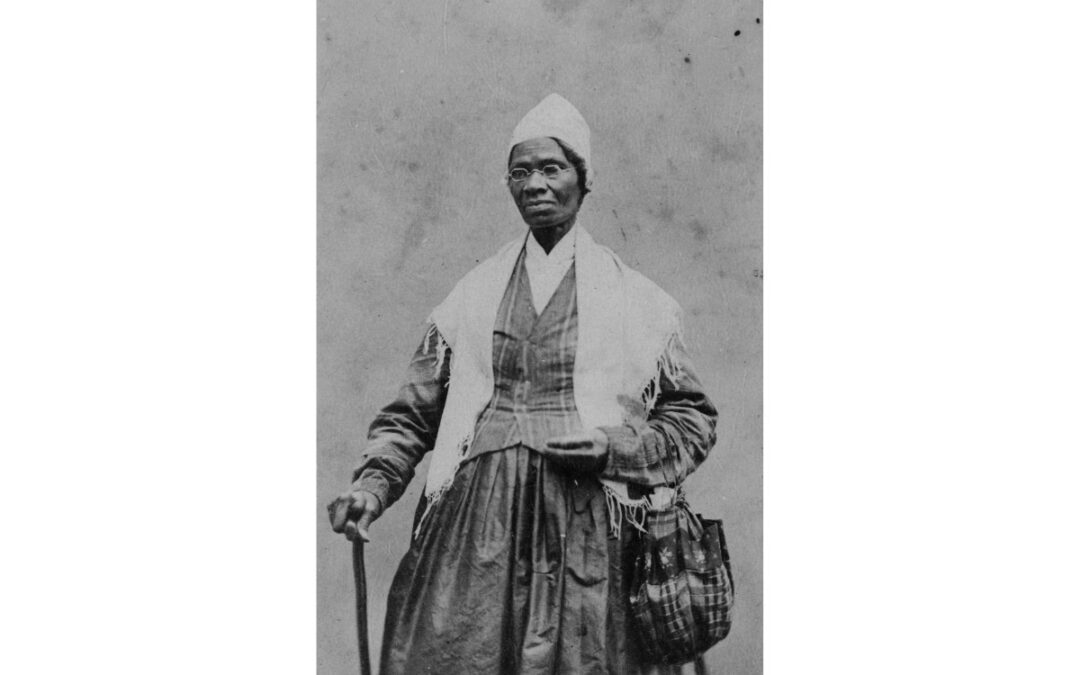
The Flint water plant, as seen on Jan. 6, 2022. (AP Photo/Carlos Osorio)
FLINT—A program aimed at helping remove families and infants in Flint from deep poverty will give $1,500 to women during mid-pregnancy and $500 each month throughout the first year after the birth.
Enrollment opened Wednesday for Rx Kids, lauded by officials as the first of its kind in the United States.
The program has no restrictions on income and empowers “parents with the freedom and choice to make the decisions that best fit their families’ needs,” officials said in a release.
The $1,500 can be used on food, prenatal care, rent, cribs or other needs. The $500 monthly stipend can be spent on formula, diapers or childcare.
Rx Kids is supported by a number of foundations, funds, and the state of Michigan. More than $43 million of the program’s estimated $55 million cost over five years has been raised.
“Investing in strong families is an investment in Flint’s future,” Mayor Sheldon Neeley said. “Rx Kids will support mothers and children in Flint when they are most vulnerable. This blessing will lift families out of poverty and improve health outcomes. Our prayer is that we will improve maternal and infant health, and help Flint families raise strong, healthy babies.”
Flint has one of the highest childhood poverty rates in the nation. About a third of the city’s residents live in poverty, according to the Census.
“This first-in-the-nation initiative boldly reimagines how society supports families and children—how we care for each other,” said Dr. Mona Hanna-Attisha, a pediatrician and director of the Michigan State University-Hurley Children’s Hospital Pediatric Public Health Initiative.
Hanna-Attisha raised early alarms about lead-tainted drinking water in Flint after state-appointed city managers began using the Flint River in 2014 to save money while a new pipeline to Lake Huron was built. The water was not treated to reduce its corrosive qualities, causing lead to break off from old pipes and contaminate the system for more than a year.
A study by Hanna-Attisha found the percentage of Flint infants and children with above-average lead levels had nearly doubled citywide and almost tripled among children in “high risk” areas of lead exposure.
READ MORE: Two Michigan cities use federal funds to address housing crisis

A historian explores Michigan’s secret bootlegging empire
While we all know that crime doesn't pay, the bootleggers and gangsters of a century ago have always held a certain glamour in popular imagination....

That one time in Michigan: When we established one of the most isolated national parks
A quick history of Isle Royale National Park. It's been nearly 100 years since Congress authorized one of the country's most beautiful and remote...

That one time in Michigan: When an abolitionist called Battle Creek home
Did you know that one of the most famous abolitionists in US history called Michigan home? Sojourner Truth, the legendary activist, lived in...

Black History Month explained: Its origins, celebrations and myths
By HAYA PANJWANI Associated Press WASHINGTON (AP) — Beginning Feb. 1, schools, museums and communities across the nation will mark the start of...

Unpacking Detroit’s strong ties to the Mafia
Many crime families and mafia members have called Detroit home over the years. Learn about the Motor City’s mafia connections and ties to organized...







